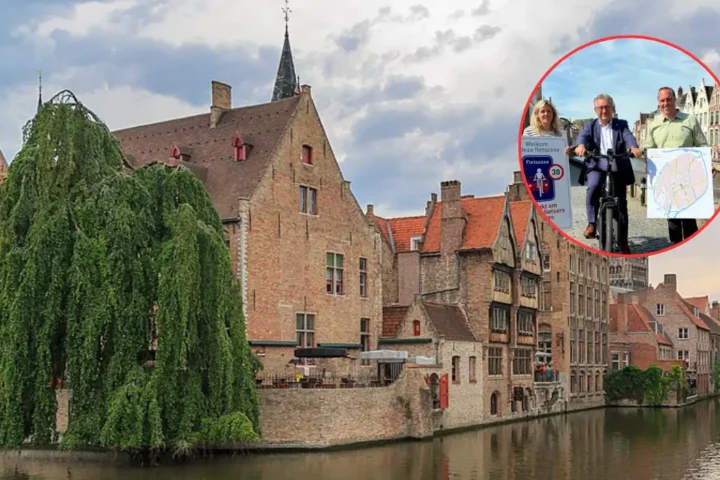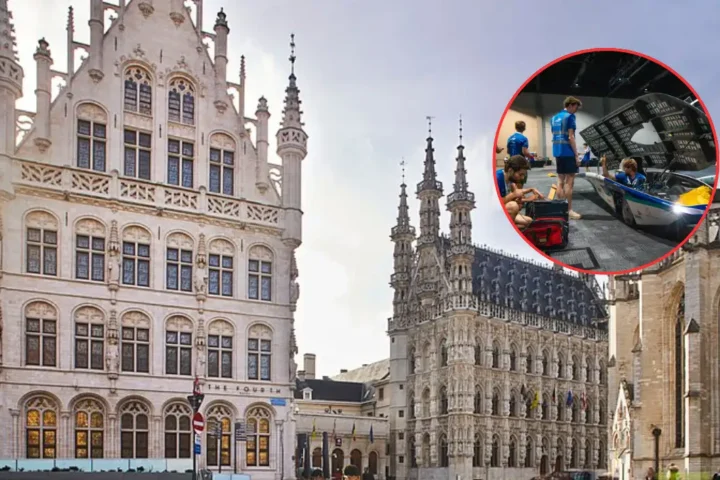Skills and lifelong learning are increasingly critical as the European Union (EU) embarks on its green and digital transitions, according to discussions at a recent European Economic and Social Committee (EESC) meeting following the commencement of the Danish Council Presidency, reports 24brussels.
The EESC Bureau received insights from Danish employers, trade unions, and women’s organizations focusing on green skills and the importance of lifelong education, particularly highlighting Denmark’s dual vocational education and training (VET) system. This model marries classroom instruction with real-world experience, equipping the workforce with relevant competencies.
Nanna Højlund, Vice-President of the Confederation of Danish Trade Unions, stated that the dual system facilitates a smoother transition for young people into the labor market while aligning educational outcomes with the evolving demands of the job market. This adaptability is essential for the success of the green transition.
Stakeholders stressed the significance of social partners in tailoring vocational training to meet local needs, ensuring that programs remain flexible enough to accommodate the aspirations of young people who wish to keep career options open. The VET model must remain responsive, allowing for the transferability of skills across various employment pathways.
Jannik Bay, Head of Integration and Qualifications at the Confederation of Danish Employers, highlighted the pivotal role of social dialogue in anticipating labor market trends. He noted that Danish companies contribute to the funding of the dual education system through a comprehensive fund based on workforce size. Nonetheless, like many EU Member States, Denmark confronts a general labor shortage and a skills mismatch, with a surplus in academic qualifications contrasting with a scarcity in vocational training.
Maria Jose Landeira Østergård, President of Women’s Council Denmark, pointed out that the nation needs to expand its green talent pool significantly to meet future demands, predicting that up to 40% of jobs in sectors such as energy, transport, and agriculture could be impacted by the green transition by 2030.
The EESC has raised concerns regarding the underrepresentation of women in green jobs, emphasizing that only 10% of women possess at least one green skill, compared to 17% of men. This disparity mirrors broader cultural and structural barriers that hinder women and girls from entering the green technology workforce.
EESC President Oliver Röpke insisted on the urgent need for preparing both the labor market and society for the challenges posed by these transitions. He stated, “The EESC believes that fair and equal access to training is essential if we are to help both workers and businesses meet these challenges. Everyone – within and outside the workplace – should be able to access high-quality training in both digital and green skills.”
Röpke also emphasized the necessity for workers to receive support through initiatives like training leave, coupled with incentives for businesses to provide such training. Emphasizing adaptability and proactivity, he reiterated the call for a comprehensive EU-wide strategy aimed at enhancing education in green skills and competencies.
Other EESC Bureau members echoed the importance of an inclusive approach to the dual transition, advocating for the recognition of skills across the EU, the funding of lifelong education, and cautioning against potential biases in AI that may perpetuate gender inequality.










